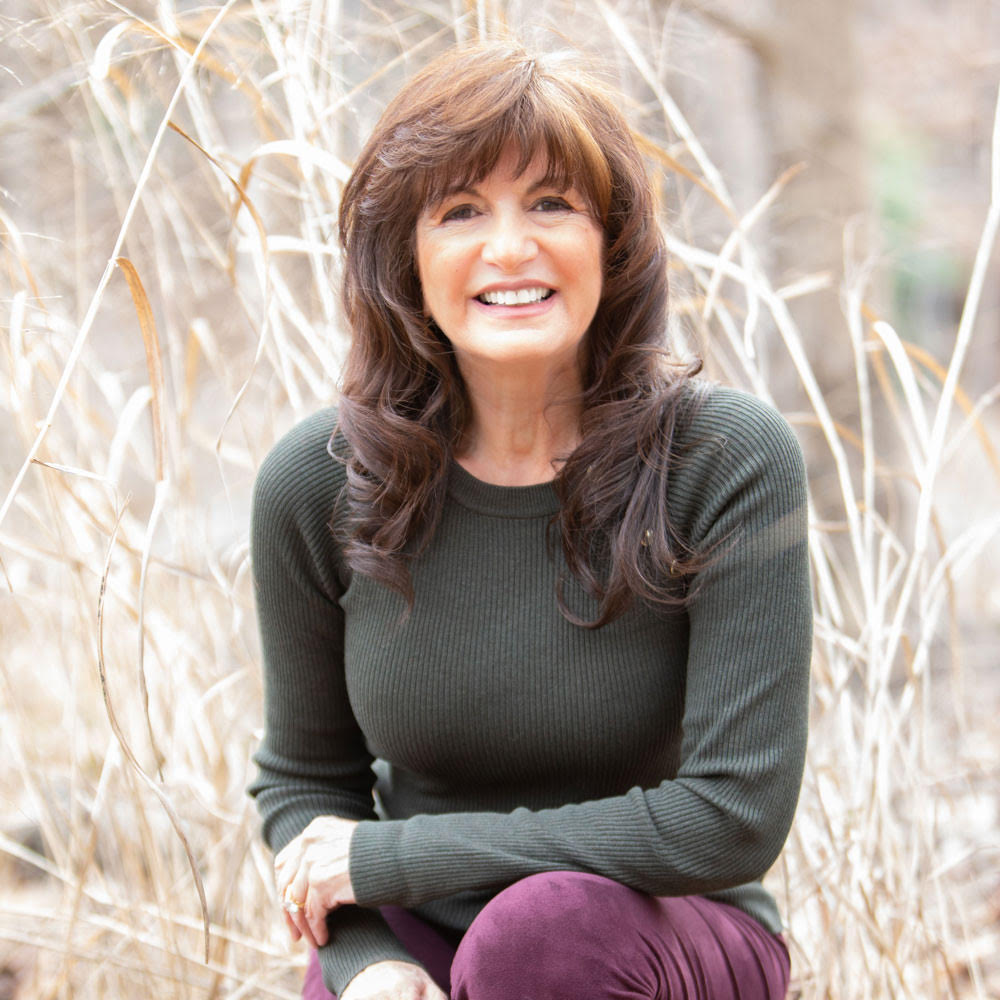The way we inhabit our vulnerability will determine the quality of our experience. On Friday, August 31, 2016, I woke up at 4:00 am to my cell phone ringing on my nightstand. Distressing news from Argentina. My mom had just had a stroke, had been rushed to the hospital and was in the Intensive Care Unit. My heart was pounding as I could picture my mother alone, in the care of loving friends but no close family members.
I immediately booked a ticket to Buenos Aires and I started packing. My mother was getting worse. She had fallen into a coma now, from which she would probably never come back. It was imperative that I get to her bedside as soon as possible.
I felt my blood rush when, almost ready to leave for the airport, I opened my passport, and I noticed it had expired on that very day. Could that be real? Every government office had already closed for the weekend and I would not be able to have it renewed until Monday. I could not believe what was happening. I felt powerless. I sat down wondering whether this was a horrible nightmare from which I would soon wake up. But my husband’s presence and his warm hug let me know that I was not dreaming, and that I had to face this challenge in the best way I could.
At first I resisted what was happening. I explored every possible venue to have my passport renewed right away but I found none. I reserved another flight for Monday. My stress level had escalated tightening and constricting not only my body but my soul as well. I needed to pause, and find my center again.
Much of our suffering comes from resisting our present experience and struggling with what already IS. That resistance creates anxiety and frustration, and we find ourselves in a constant battle we are bound to lose. Obviously we cannot argue with what IS; yet we do not seem to relinquish our struggle. If we pause for a moment, however, and turn our attention to the thoughts we entertain, we will soon become aware that it is our thinking processes and not the circumstances that generate our anxiety. Our thoughts color our perception of reality, and we cannot deny that as humans we tend to catastrophise challenging situations.
How could I let go of the thoughts that stressed me? I remembered that acceptance is the first door to our freedom from stress, and our path to calmness. When we accept that what is happening cannot be changed, and when we acknowledge that our insistence on controlling a situation is futile, the tension we experience dissipates. In her Radical Acceptance, Tara Brach mentions a quote she learned from a teacher in a retreat: The boundary to what we can accept is the boundary to our freedom.
When we accept things as they are, when we let them unfold and go with the flow, we find peace. This is our natural state of mind, being content and relaxed. Dis-content arises when we resist what IS. Fighting what IS inevitably leads to suffering. Our natural state of ease becomes masked by self-created dissatisfaction and discontent.
When we let go of our attachments as to how our experience ought to be and we accept the experience as it unfolds, we can access a sense of harmony within. Accepting our experience does not mean condoning it. We might disagree with, or be irritated or even outraged by what is going on, but when we accept it, we surrender to the fact that there is nothing we can do in the moment to reverse it, that while we cannot change the circumstance, we can be in control of how we respond to it. Only then can we take clear action on what to do next.
The act of acceptance brings a serene and steady vibrational energy that flows into what you do, and it even affects the people around you. We can contact peace by raising our awareness to the role our perception and interpretation play in the way we experience our circumstances. Yes, that sense of calmness we are all after may be accessed by surrendering to what IS. It is only then that we are ready to respond wisely by taking the necessary steps to an outcome that will not disrupt our inner balance.
As I paused, I let my awareness fall into my body and I noticed the tension in my shoulders, the knot in my stomach, the tightness in my throat and hands. I allowed myself to feel the strong emotions I was holding back, and embraced them, letting them move in the form of tears.
As part of my mindfulness practice, I have been practicing acceptance for a long time, so when this challenging situation came along, although it was very difficult, I could finally meet it in a new state of consciousness because I had already strengthened my “acceptance muscle” for many years.
My mother died that Monday morning, before I arrived in Argentina. I was heartbroken that I did not have the honor of holding her hand, of accompanying her in her transition to the non-physical, and kissing her goodbye.
My mother was a very strong and courageous woman, who found it hard to meet her life experience with acceptance. Without knowing it, she taught me many lessons that I could fully understand as an adult. Above all, my mom taught me that resisting what is, will inevitably lead to indescribable suffering.
Learning to surrender to acceptance is a gradual process, one that cannot be rushed. It develops with practice. How ready we are to accept the unpredictability of life will determine our level of well-being, and our ability to find joy and contentment even in the smallest things we do.


